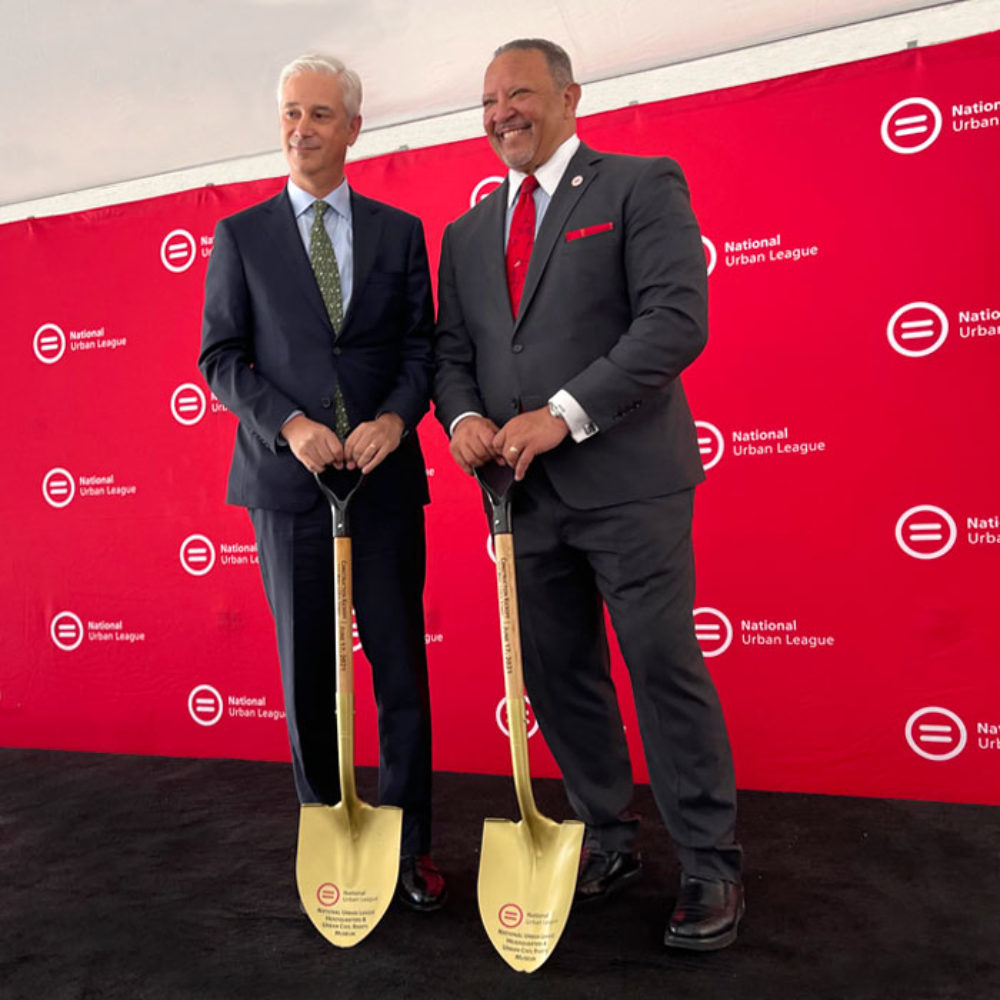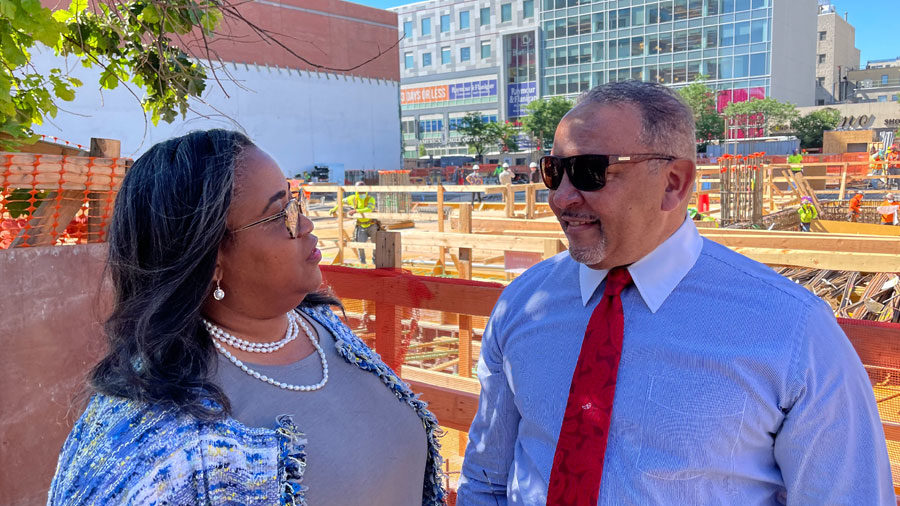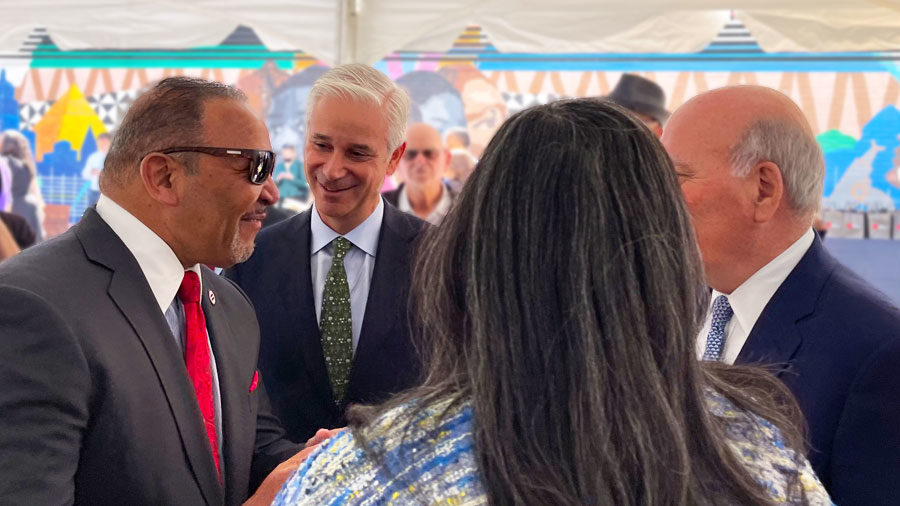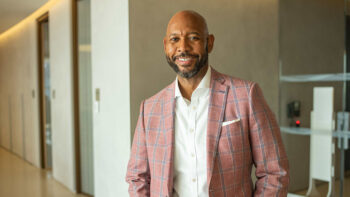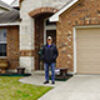Celebrating the National Urban League’s new home in Harlem
With support from Wells Fargo, the organization is breaking ground on its new headquarters in the heart of the historic New York City neighborhood.
For more than a century, the National Urban League has been dedicated to its mission of empowering Black, African American, and other underserved communities to secure economic self-reliance, social parity, power, and civil rights. With support from Wells Fargo, the National Urban League will soon be able to continue its mission from the heart of New York City’s historic Harlem neighborhood. Wells Fargo provided $5 million to support the construction of the organization’s new Urban League Empowerment Center, a state-of-the-art facility that will include the National Urban League’s headquarters, as well as the Institute for Race, Equity, and Justice; the Urban Civil Rights Experience Museum; and a major retail space with 170 affordable residential units.
The new headquarters will be located on 125th Street and will help to revitalize a street which has long been the epicenter of the economic, social, and cultural life of Harlem — from the Harlem Renaissance to the civil rights movement. Speaking at the construction launch celebration for the new headquarters, Wells Fargo CEO Charlie Scharf said, “For more than two decades, Wells Fargo has been a proud sponsor of the National Urban League and its work to help Black, African American, and other underserved communities achieve economic empowerment, equality, and social justice. We believe the commitment that we’re providing for this facility will only strengthen the organization’s mission, which is so vital to the nation.”
Wells Fargo has collaborated with the National Urban League for more than 20 years on innovations to support Black and African American small businesses, community development finance, and homeownership. National Urban League CEO and President Marc Morial also serves as a member of Wells Fargo’s Stakeholder Advisory Council.
“Achieving economic empowerment and true equality has to be an enduring and long-term commitment, but the time is now,” Scharf said. “This work will take the combined efforts of public, private, and community organizations, which is exactly what this project is all about.”

